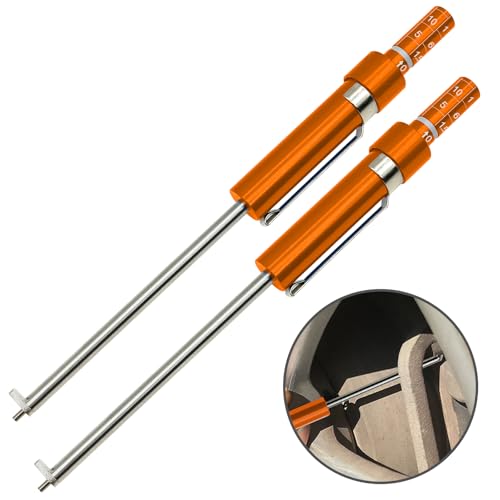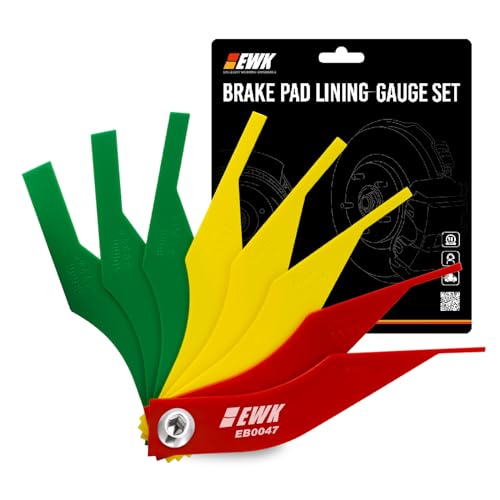Your car’s braking system is your first line of defense on the road. It’s what keeps you safe when that pedestrian suddenly crosses or when the vehicle in front of you makes an unexpected stop. But like every hardworking system in your car, your brakes need care too. Knowing how often to check your brake pads and brake fluid, and why it matters, can save you from major expenses or even an accident.

READ ALSO: Signs your Car Brake pads need replacing
How Often Should You Check Your Brake Pads?
It’s best to check your brake pads every 10,000 to 15,000 kilometers (or roughly every 6 months), especially if you drive frequently in traffic or on hilly roads. However, you should replace them around every 40,000 to 50,000 kilometers, depending on your driving habits and car type.
Why You Should Check Your Brake Pad Regularly
- Safety first: Worn-out brake pads increase stopping distance. That few extra meters could be the difference between a close call and a crash.
- Saves money: Ignoring worn pads can lead to damaged rotors, which are much more expensive to replace.
- Better performance: New or well-maintained pads respond faster and more smoothly when you brake.
Check Out Signs your Car Brake pads need replacing
How Often Should You Check Brake Fluid?
While brake pads get the most attention, brake fluid is often ignored—until there’s a problem. This fluid is what transfers the force from your foot pressing the pedal to the brake mechanism that stops your wheels.
You should check your brake fluid once a month and replace it every 2 years, or according to your vehicle’s manual. Many newer cars have a clear reservoir that lets you see the fluid level easily.

Why You Should Check Brake Fluid Regularly
- Avoid brake failure: Brake fluid absorbs moisture over time, which can lower its boiling point and cause brake failure.
- Keeps braking smooth: Dirty or old fluid can cause spongy brakes or uneven stopping.
- Protects your system: Contaminated brake fluid can corrode internal parts, leading to costly repairs.
Signs Your Brake Fluid Needs Attention
- Brake warning light is on
- Low brake fluid level in the reservoir
- Fluid looks dark or dirty (It should be clear or light yellow)
- Brakes feel unresponsive or sluggish
Tips to Stay on Top of Brake Maintenance
- Mark your calendar or set reminders to check your brakes every 6 months
- During oil changes, ask your mechanic to inspect your brakes
- Learn to listen to your car—noises or changes in braking feel are signs
- Use high-quality brake parts and fluid to ensure long-term safety
- Keep a logbook of your brake service and fluid changes
READ ALSO: What Maintenance does a Car need at 50000 miles?
Final Thoughts
Your car’s brakes are too important to ignore. Check your brake pads every 6 months, your brake fluid monthly, and never ignore the signs your car is giving you.











